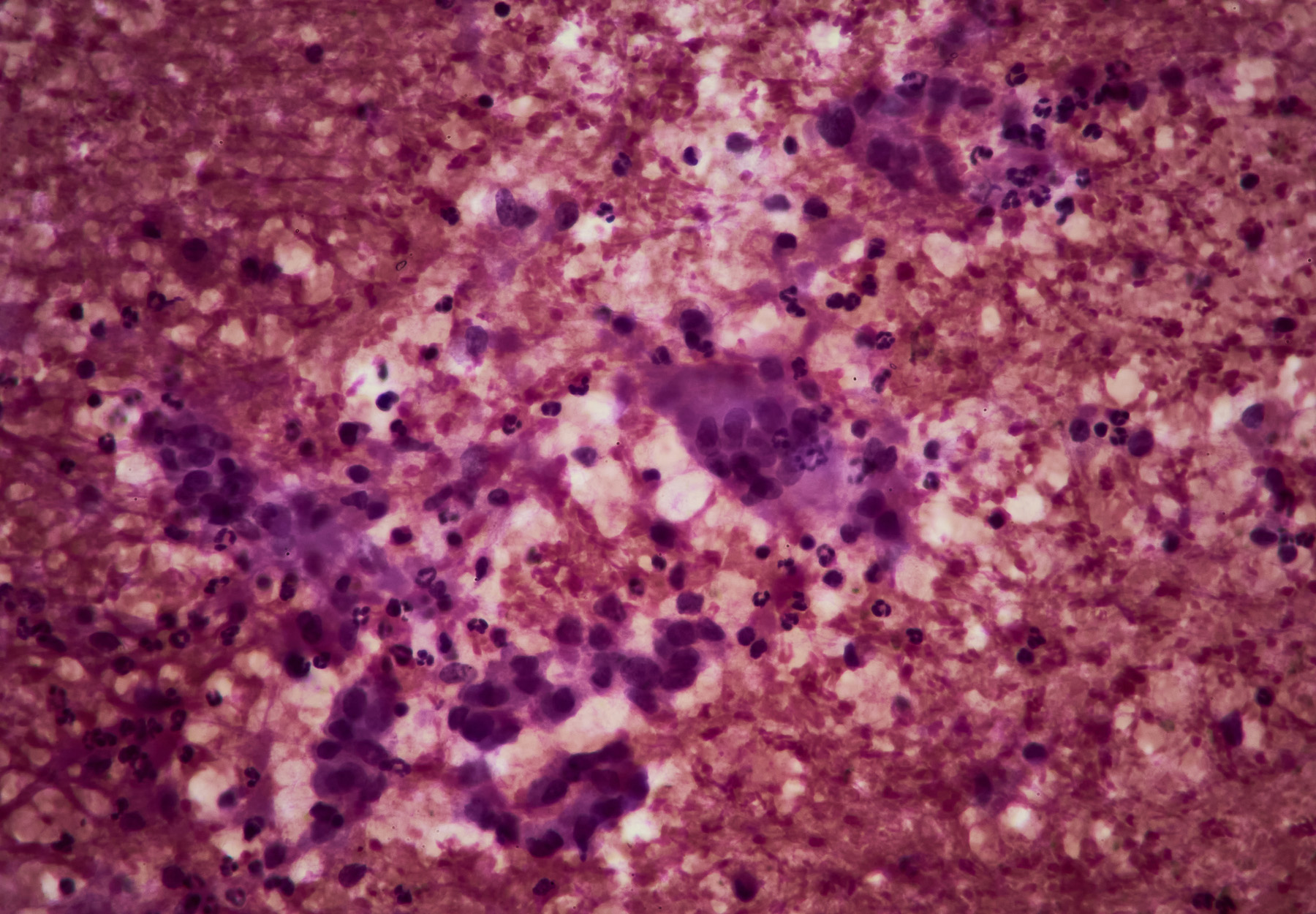As with most other cancers, catching the disease early is critical when it comes to pancreatic cancer, leading to longer survival rates and more effective treatment. Now, a recent study has confirmed just how important regular screening for pancreatic cancer is to catching it at the earliest stage.
Published in the June 2022 Journal of Clinical Oncology, the study results, along with those of previous related studies, showed that patients who underwent regular screening had a five-year survival of 73.3 percent, with a median overall survival of 9.8 years after diagnosis, whereas those diagnosed with pancreatic cancer who did not undergo regular surveillance for the disease only had a median overall survival of 1.5 years.
The multicenter Cancer of Pancreas Screening-5 (CAPS5) study, which was led by researchers at the Johns Hopkins Kimmel Cancer Center, involved 1,461 people from eight US medical centers who were enrolled between 2014 and June 2021 based on their risk for developing cancer. Of that group, 10 were diagnosed with pancreatic ductal adenocarcinoma (PDAC) via screening, with one of those 10 individuals diagnosed with metastatic PDAC four years after dropping out of regular screening. Out of the nine other patients from that group:
- Seven were diagnosed at stage I of the disease via surgical pathology, found during regular screening
- Seven were still living after a 2.6-year follow-up
- Eight additional individuals had surgery “for worrisome lesions,” with three patients having high-grade and five having low-grade dysplasia in their specimens
From these results, the study authors concluded that, while there are limitations to their study and further work with a larger cohort would be beneficial, “pancreatic surveillance of [high-risk individuals] can dramatically downstage PDACs diagnosed; most of the patients with PDACs diagnosed in the multicenter CAPS5 study to date had stage I disease.” They recommend that, based on their findings, “regular pancreatic imaging surveillance should be offered to patients who meet recommended pancreatic surveillance criteria.”
